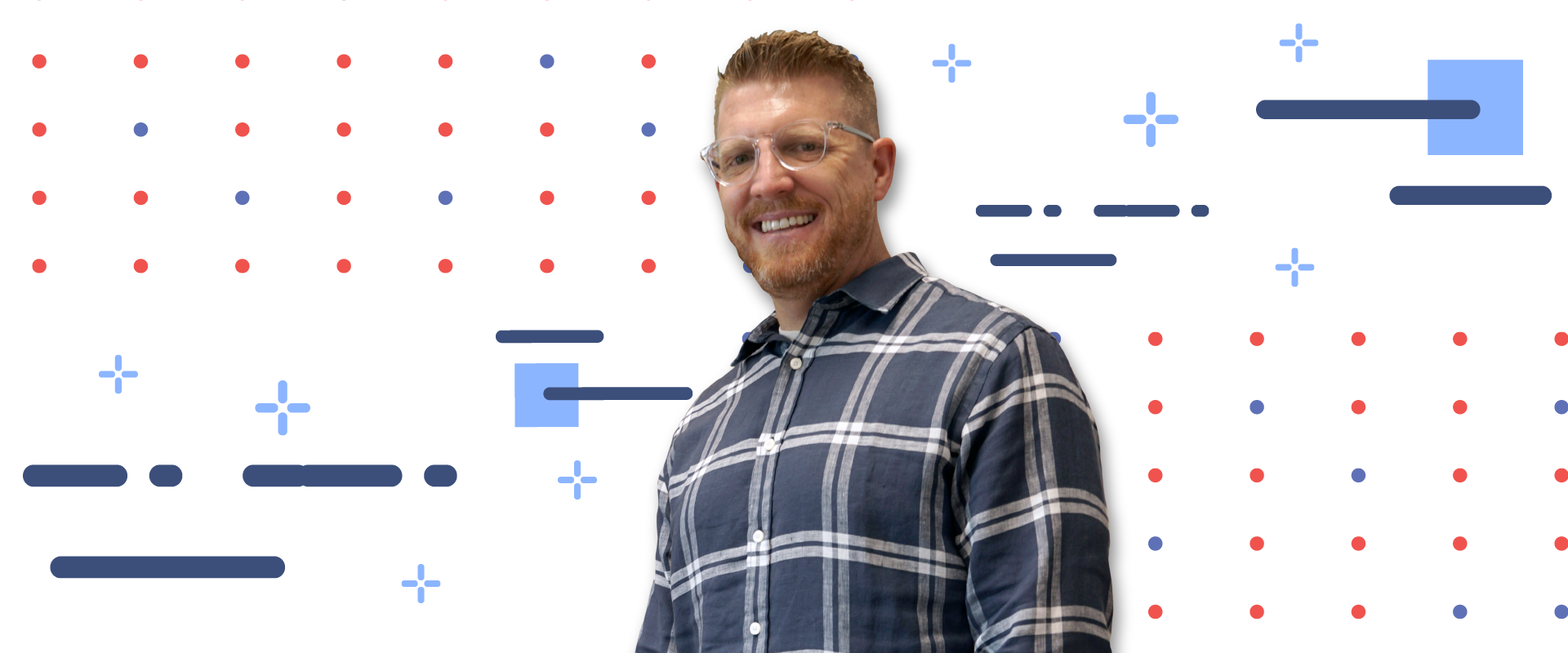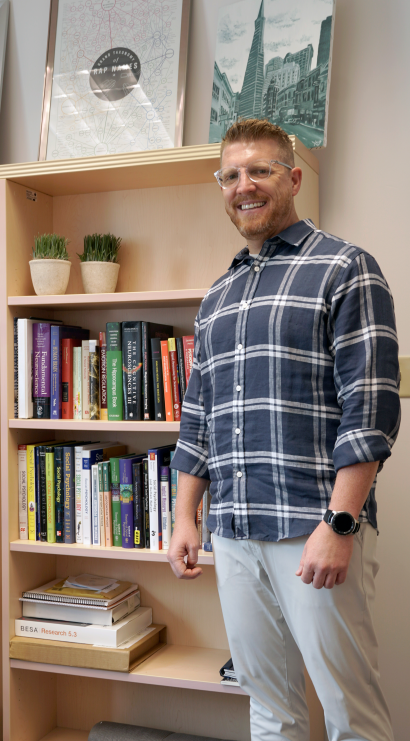At the cross section of neuroscience and psychology, Chad Forbes, Ph.D., digs a little deeper to better understand what’s going on inside the brain, including how the brain changes during stress or what happens when people experience biases and prejudices.
“Ultimately, what I’m studying are cognitive processes, such as memory or how the different regions of the brain communicate when you are trying to solve a difficult math problem,” said Forbes, an associate professor of psychology in the Charles E. Schmidt College of Science. Forbes is also a member of FAU’s Institute for Human Health and Disease Intervention (I-Health), and associate director of FAU’s Stiles-Nicholson Brain Institute.
In addition, he recently co-authored a study in the journal Social Science & Medicine that examined the relationship between racial discrimination and negative physical health outcomes. “We found that if you experienced more bias in a given region, both Black and white patients were more likely to die from chronic stress-oriented diseases, but those relationships were stronger for Black patients,” he said.
To do such research, his lab, the Forbes Social Neuroscience Laboratory, combines standard psychology methods such as surveys and questionnaires, with neuroscience tools, like examining the brain’s electrical activity using an
electroencephalogram test or MRIs. Forbes, a first-generation college student, said he’s always been interested in human physical and mental health. “I’ve always been motivated to help others in whatever way I can,” he said.
Originally, he attended college with the plan to become a doctor. Yet, after earning a C in organic chemistry, he said he knew he would never get into medical school. “I really was kind of lost and didn’t know what to do, but I had taken this introduction to psychology class and loved it,” Forbes said.
Eventually, he earned a bachelor’s degree in psychology with minors in biology and chemistry at California State University Long Beach. He went on to earn both his master’s and doctorate degrees in social and cognitive neuroscience from the University of Arizona. Forbes also pursued postdoctoral training in cognitive neuroscience at the National Institute of Neurological Disorders and Stroke in at National Institute of Biomedical Imaging and Bioengineering, both based in Maryland. Before joining FAU, he spent a decade as an associate professor in the department of psychological and brain sciences at the University of Delaware.
Now Forbes said he is excited by the opportunities provided by being an I-Health member, the way it facilitates interdisciplinary collaborations, and the chance to expand his research that wasn’t available to him before. “Being here and being a part of I-Health has been truly exciting,” he said.
“I want to do good in
the world.”

